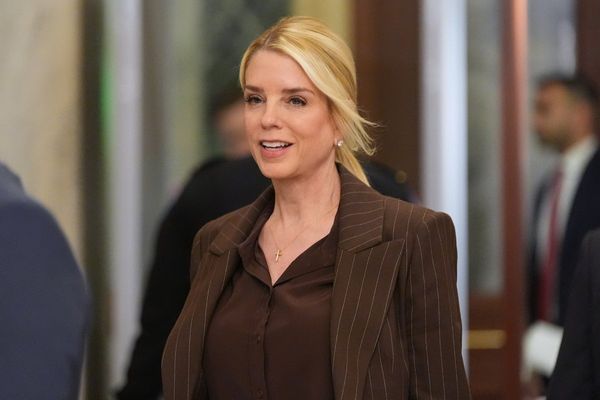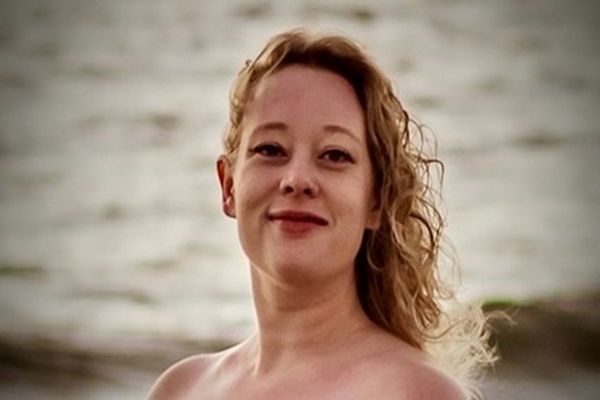
A 14-year-old girl lies dying in hospital after a botched abortion. A Catholic priest arrives to administer last rites, but the white, female, Jewish doctor tending to her refuses to allow it.
This is the thorny premise of The Doctor, the new play by Robert Icke that won sweeping critical acclaim during its 2019 run at the Almeida and is now making its West End debut, with Juliet Stevenson reprising her role as the titular physician.
The Doctor is loosely adapted from Arthur Schnitzler’s 1912 play, Professor Bernhardi, which offered a devastating portrait of antisemitism in fin-de-siecle Vienna. Like the original, the modern reimagining contends with the effects of ingrained bigotry, and delves into the complexities of medical ethics and their often fraught interplay with religion. But it also goes further, expanding its themes to encompass 21st-century discourse around race, gender and class.
Although Schnitzler’s play was first staged more than a century ago, the bedrock of its themes couldn’t be more relevant today. As Icke’s adaptation so deftly highlights, the dilemmas faced by those in the medical profession have never been more challenging, thanks to the impact of contemporary notions of identity, social media and its role in shaping public opinion.
The pandemic only exacerbated these conversations. The first wave of coronavirus saw a huge number of people die in care homes. The controversial increase in “do not resuscitate” (DNR) orders, which prevented some patients from receiving life-saving care, may have played a role in some cases. DNR’s are often decided between doctors and families to determine what kind of medical intervention – if any – will be performed on a gravely ill patient. An investigation by Amnesty International in 2020 found that age had become unfairly used as a determinant, with a survey among 163 nurses and managers of nursing homes by the Queen’s Nursing Institute finding 16 respondents reported “negative changes which they found challenging”, such as “blanket ‘do not attempt CPR’ decisions, or decisions taken about resuscitation status … without discussion with residents, families or care home staff”.
And with the overturning of the constitutional right to abortion in the US, the question of who decides on what happens to our bodies is being debated with more passion than perhaps at any other point in most of our lifetimes. In The Doctor, the patient’s botched abortion is self-administered – a scenario which could become increasingly common now that access to safe, legal abortions is being banned in many US states.

Medical ethicist Daniel Sokol, who is also a barrister specialising in clinical negligence, was an adviser to Icke during the writing process, helping, he says, to ensure the play was “modern, realistic and believable from an ethical perspective”.
“A few decades ago, doctors had enormous power, and they still do in some parts of the world,” says Sokol, who is also the author of Tough Choices: Stories from the Front Line of Medical Ethics. “You did what a doctor said, unquestioningly. Doctor knew best.”
The Doctor, he says, shows how much this has changed. When Ruth Wolff, the play’s doctor in question, refuses to allow the priest to administer last rites to her patient, her decision puts her at the centre of a media firestorm, threatening every aspect of her life. “The play shows how doctors are now far more vulnerable, however benevolent their intentions,” says Sokol.
“Medical ethics – and particularly making sensitive ethical decisions about patient care – is undoubtedly more complicated and challenging in 2022 than it was in 1922. Not least because what may once have been a very private decision by a medical team in a hospital side-room can be communicated in seconds, sometimes in a partial or distorted fashion, into the public arena; with very real consequences for patients, relatives, clinicians, healthcare institutions, and public trust more generally.”
Decisions about the care of children can be particularly difficult. “When dealing with minors, the guiding principle is that doctors should act in their best interests,” says Sokol. “Disputes occur when there is uncertainty about what constitutes a child’s best interests or when there are conflicts between doctors and others about what is in the best interests of a child.”
The “age-old question of whether to tell a dying child the truth”, as Sokol puts it, is perhaps one of the ultimate grey areas of medical ethics. What is in their best interests in that scenario depends very much on our perspective.
When religion, race and gender enter the equation, as they do in the play, such situations become even more complex. The fact that Wolff is a white, secular Jewish woman is leapt upon by social media trolls; the play asks us to consider how much these factors play into our view of ethical situations in medicine.
Although Sokol hasn’t encountered a real-world situation exactly like the premise of the play, he says: “When I read an early version of the script, I felt it was realistic and believable. Ultimately, the play prompts viewers to reflect on all these ethical and social issues within the context of a concrete, heartbreaking situation.”
The Doctor is at the Duke of York’s Theatre, 29 September-11 December







